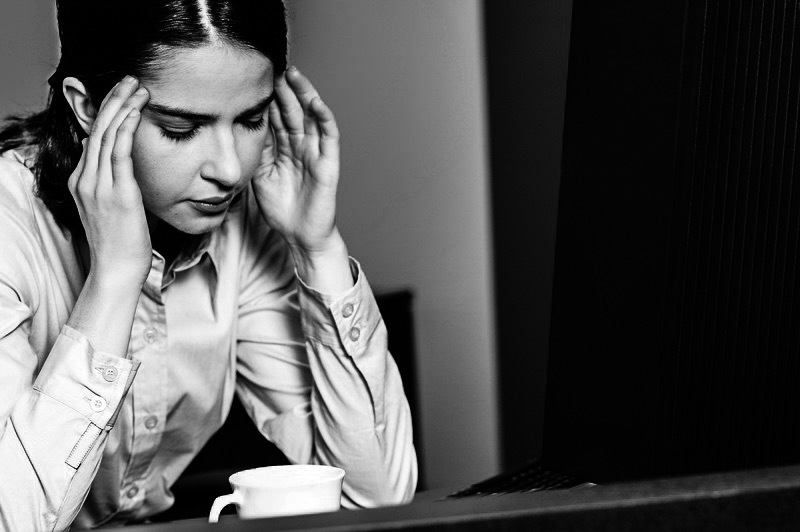When you’re feeling particularly anxious, meditation can help you calm down and get back to thinking clearly. It can instantly calm an overstimulated nervous system and leave you feeling more centered and prepared to face whatever life throws at you.
This post contains Amazon affiliate links, meaning I may earn a small commission if you purchase through my links, at no extra cost to you. Note: We aim to provide accurate product links, but some may occasionally expire or become unavailable. If this happens, please search directly on Amazon for the product or a suitable alternative.
As effective as it is in reducing anxiety on demand, it is even more effective in preventing anxiety.
Anxiety has two components that are related to the brain. The first is the random thoughts and worries that run through your mind and make you feel anxious. The second part is that as a person who worries and becomes anxious frequently, you use the amygdala, the part of your brain associated with emotion regulation, frequently. On scans, this area of the brain appears to be more active in people who suffer from anxiety. Because you are essentially rewiring your brain to increase activity in this area, you may find yourself becoming increasingly anxious. Fortunately, meditation can help with both.
First and foremost, I want you to understand that this isn’t the only aspect of anxiety. While meditation can be extremely beneficial, it is not a panacea. That being said, meditation is easy to learn and can be done by anyone. I strongly advise you to give it a shot.
If you are having difficulty, it may be beneficial to find a meditation teacher who can guide you through your first few sessions. This will help you calm your mind enough to continue practicing this ancient technique on your own in the future.
For many of us, simply listening to a good guided meditation and practicing it on a daily basis is enough to see results. Begin by learning about the benefits of meditation and how to practice it. There are numerous ways to begin meditating. A short guided meditation is the simplest, to begin with.
You can get started with online recordings, CDs, and even smartphone apps. Sit or lie down in a comfortable position, listen to the recording, and follow the instructions. Don’t be concerned if your thoughts begin to wander. Bring yourself back to the meditation slowly.
It’s surprisingly difficult to concentrate solely on meditation. Begin with brief sessions of 10 minutes or less. Once you’ve gotten used to it, you can extend your meditations as needed. The key to improving your meditative skills and reaping the benefits of calming down those random thoughts and worries, as well as rewiring your brain to be less anxious in general, is to practice on a daily basis. Begin by getting started, and then make it a part of your daily routine.
Want to get notified on new content?
Get email updates when new posts and articles are available.
» Yes! Sign me up for free updates.








